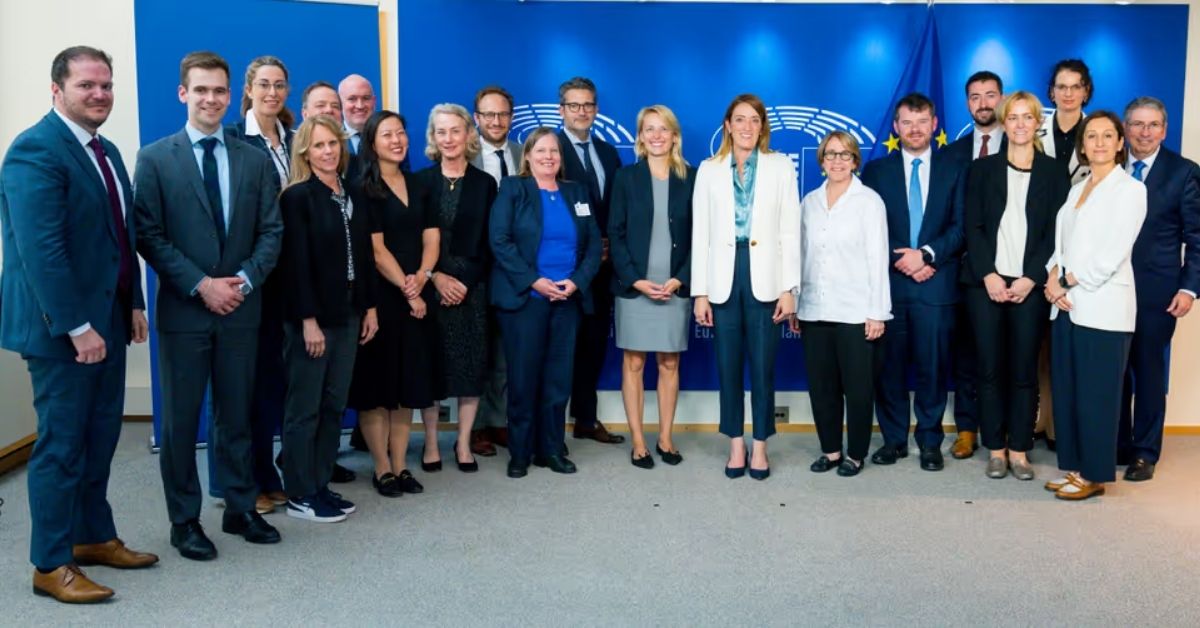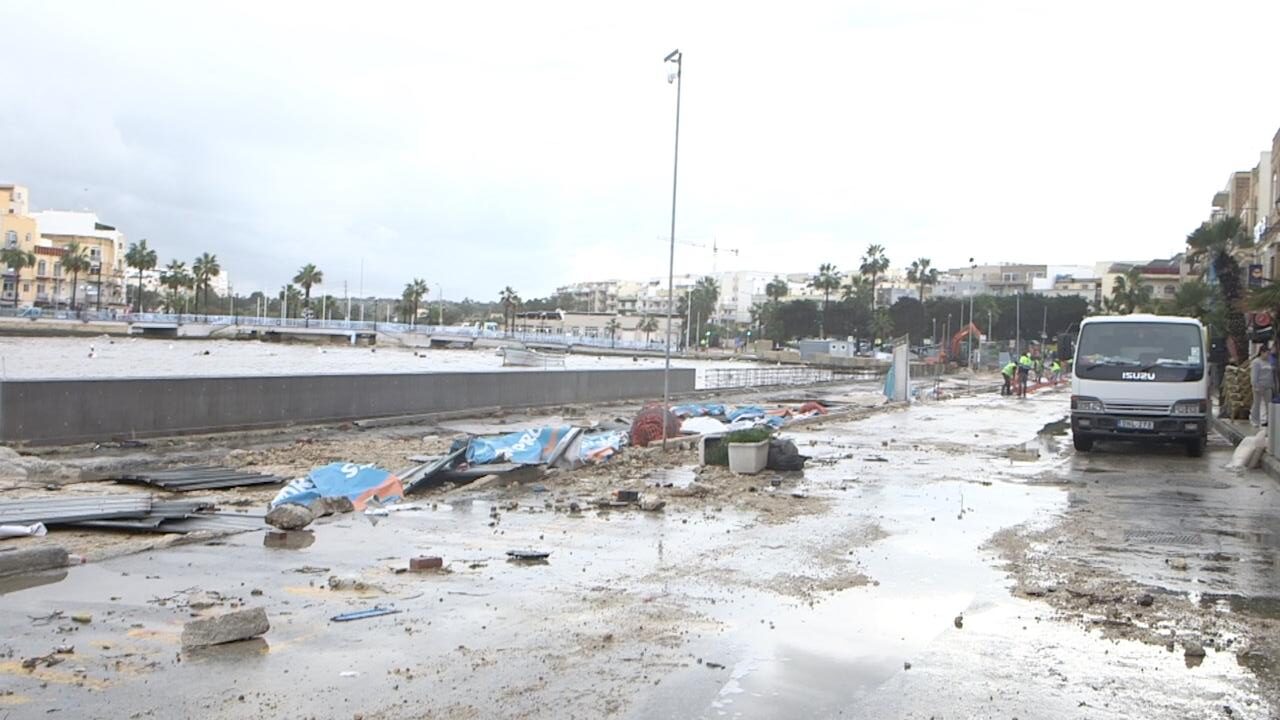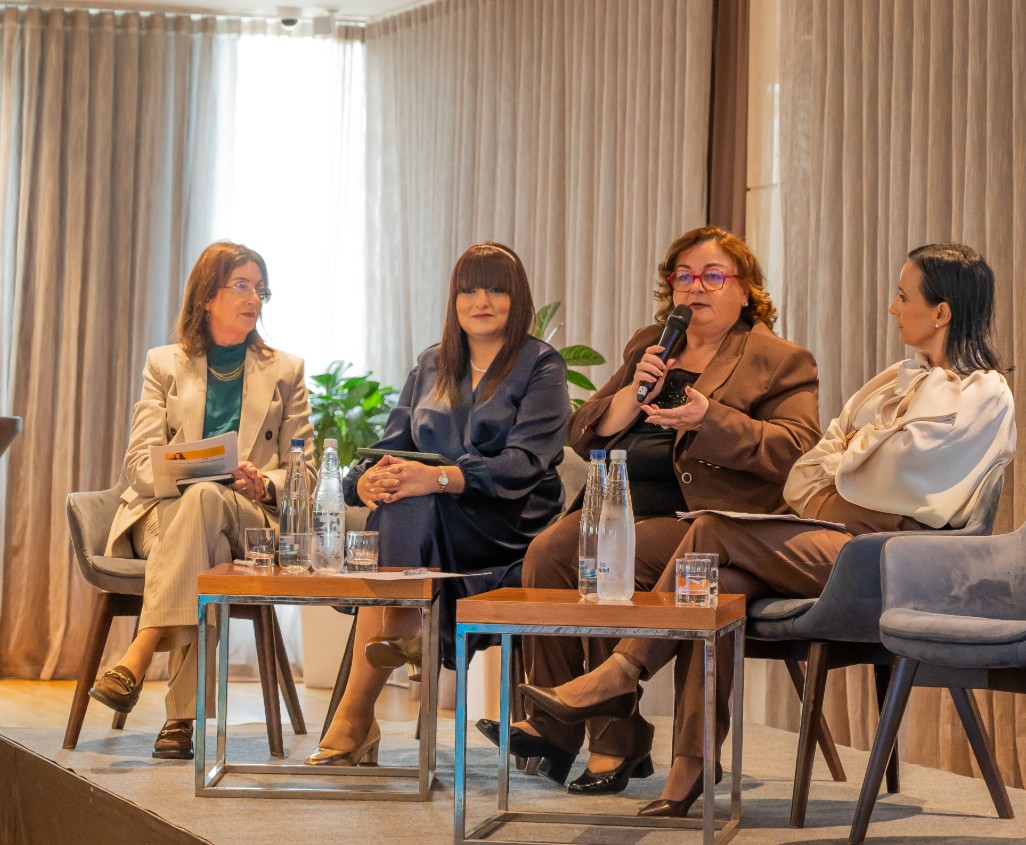The construction industry in Malta could not function normally without foreign workers, according to the Malta Developers Association (MDA).
Speaking to BusinessNow.mt in the wake of reports that the number of foreign workers in Malta stalled during 2020, the MDA explained that due to a major lacuna in terms of both skills and appetite for construction work amongst Maltese nationals, the industry largely relies on foreign workers.
The MDA’s comments came in light of reports that show that the number of foreign workers in Malta stalled in 2020, for the first time in over a decade.
Although statistics continue to indicate the significant presence of foreign workers in Malta, with Finance Minister Clyde Caruana revealing that by the end of 2020, Malta had nearly 70,000 foreign workers registered with Jobsplus, (suggesting more than a quarter of Malta’s workforce is foreign), this figure is almost exactly the same as that in 2019.
The MDA commented that “certain industry skills are not easily available locally”, and that the number of Maltese people interested in working within the construction industry is low. This means that if there was a significant drop in foreign workers in the industry, it could not function normally, according to the association.
Asked if this was expected to change in the future, the MDA explained that the industry has potential and indicated “only once it is valued and portrayed as such across the board” will “it will attract more [Maltese] nationals”, and especially those in the “younger generation”.
It believes that “education is key to bring about this change” and it is “imperative to instil a better sense of understanding of this industry from a young age”, suggesting that “one major setback which has led Maltese to drift away from opting for a career in the construction industry is the lack of specialised trade schools”.
The presence of foreigners in Malta has not only impacted the supply but also the demand for property. The MDA identified two main avenues that have contributed to demand in Malta’s property market.
The first relates to the citizenship and residency schemes, which has driven demand for property purchases, and the second is related to foreigners seeking employment in Malta, who have driven demand for rental property.
While the rental market has stuttered under the strain of COVID and the precipitous drop in foreigners arriving in the country, the purchase market largely seems to have weathered the storm,
The MDA recorded €3 billion in property sales in 2020, which matched results obtained in 2019, and the Association commented in January that “time and time again, property has proved to be one of the best investment options to invest in”.
In 2019, the Central Bank of Malta indicated that 30 per cent of construction workers in Malta were foreign.
French NGO accuses Metsola and MEP of working with USA to dismantle Green Deal
Bloom calls out EU officials for 'adopting the Trump administration's strategy' to torpedo corporate environmental due diligence
Storm-hit businesses can now apply under amended Malta Enterprise scheme
A new measure offers targeted aid to storm-hit businesses while giving non-compliant operators one year to regularise their permits
Access to finance and rising fraud risks discussed at Malta Women & Finance Summit 2026
Expert advice for spotting scams and opinions on investing






